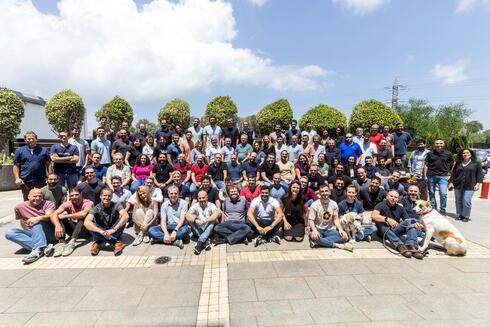
China investigates Qualcomm over Israeli Autotalks deal
Beijing widens scrutiny of U.S. tech firms as Qualcomm’s $100 million acquisition of Autotalks faces new hurdles.
China has launched an antitrust investigation into Qualcomm’s acquisition of Israel’s Autotalks, escalating tensions in the already fraught semiconductor rivalry between Washington and Beijing. The State Administration for Market Regulation (SAMR) said on Friday that it was examining whether the San Diego–based chipmaker violated Chinese competition law by failing to properly disclose aspects of the transaction.
Full list of Israeli startup M&As in 2025
The probe marks the latest clash between Chinese regulators and U.S. semiconductor companies, following a similar accusation last month against Nvidia. It also places fresh uncertainty over Qualcomm’s integration of Autotalks, a deal that only closed earlier this year after a protracted and troubled approval process.
Qualcomm had first announced plans to acquire Autotalks in 2023, but abandoned the bid the following year after delays in securing regulatory clearance. The company later revived the agreement, finalizing the purchase in June for less than $100 million, a steep discount from the $350-400 million valuation once attached to the Israeli startup.
Autotalks, founded in Kfar Netter and backed by investors including Samsung Catalyst, Hyundai, Liberty, and Foxconn, developed vehicle-to-vehicle (V2X) communication chips that transmit speed, location, and braking data between cars to help prevent collisions. Despite early promise and $150 million in investment, the company struggled to achieve meaningful commercial traction. Qualcomm’s offer, once seen as a lifeline, ultimately became a low-value rescue.
Under the agreement, all of Autotalks’ roughly 100 employees joined Qualcomm’s automotive division, with former CEO Hagai Zyss appointed vice president of product management.
Related articles:
China’s regulators did not specify what elements of the transaction were under scrutiny but said the review focused on potential violations of merger-notification requirements under the country’s Anti-Monopoly Law. Qualcomm did not immediately respond to a request for comment.
The investigation revives a familiar friction point. In 2015, Qualcomm paid a $975 million fine to resolve an earlier antitrust case in China, one of the largest such penalties ever imposed by Beijing. The renewed scrutiny comes as U.S. and Chinese officials struggle to stabilize economic ties amid widening disputes over technology access and export controls.
